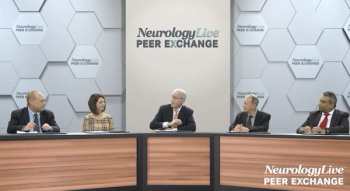
News


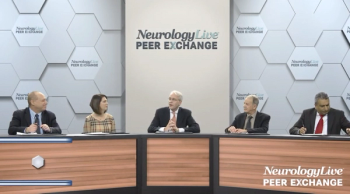
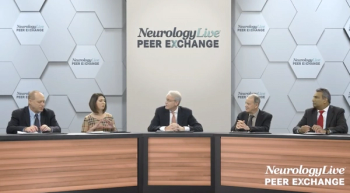
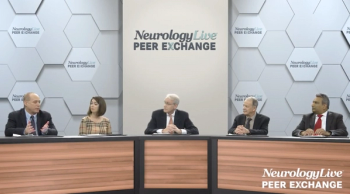
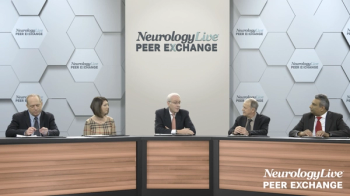
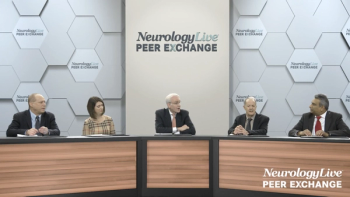
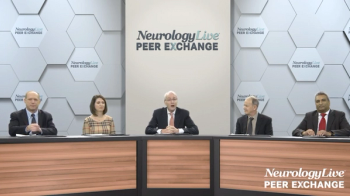
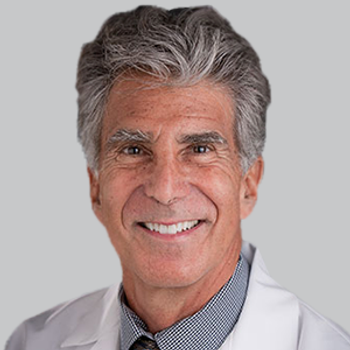
Compared to counterparts who did not exercise, those with cognitive impairments with no dementia risk factors improved in executive functioning when they exercised consistently over 6 months.
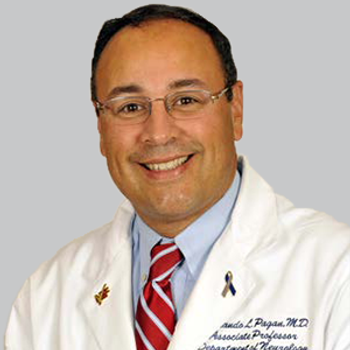
The results pave the way for a potential phase 3 trial to examine the effects of nilotinib in patients with Parkinson disease.

Nancy Foldvary, DO, MS, director of the Cleveland Clinic Sleep Disorder Center, discussed challenges faced when treating insomnia.
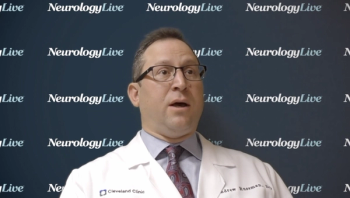
The medical director of the Comprehensive Stroke Center at Cleveland Clinic reviewed the timeline of administering various thrombolytic agents and the benefits they bring.

CENTAUR trial principal investigator Sabrina Paganoni, MD, PhD, discussed details of the phase 2 trial that helped investigators have the greatest chance of seeing a measurable treatment effect in patients with ALS.
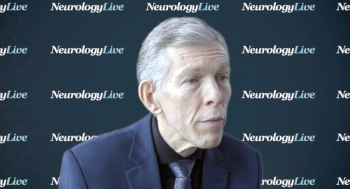
The professor and chief of pediatric neurology, and director of the comprehensive epilepsy program and neuroscience institute at Le Bonheur Children’s Hospital, detailed his experience with patients treated with perampanel.

The third generation, high-affinity, selective small molecule CGRP receptor antagonist was significantly superior in the 2 higher doses on both co-primary end points of pain freedom and most bothersome symptoms.

A standardized treatment protocol in emergency departments lead to significant reductions in headache pain.

Given the data, Adamas has stated that it will forgo its originally planned second phase 3 placebo-controlled study, instead continuing its open-label extension study and engaging the FDA to discuss ADS-5102’s regulatory pathway.

Top-line results from the phase 2 CENTAUR trial showed a statistically significant slowing of ALS disease progression in patients treated with AMX0035.
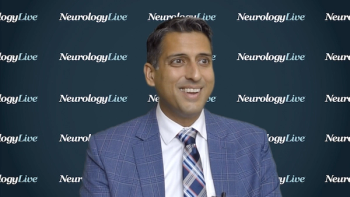
The director of epilepsy surgery and associate professor of neurosurgery at UC Irvine spoke to the advances that have been made in epilepsy surgery and in noninvasive or minimally invasive techniques, as well as the impact they’ve had on outcomes.

The CEO and Chairman of the Board of Directors at INSIGHTEC offered his perspective on how technologies such as focused ultrasound can help shape the future of neurologic care.

The study reported that those with MS who breastfed experienced 43% lower rates of postpartum relapse compared to those who did not.
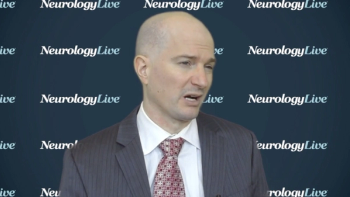
The medical director of the Comprehensive Epilepsy Clinic at Nicklaus Children’s Hospital discusses his early stage gene therapy trial for Dravet syndrome.

Wave Life Sciences has discontinued its suvodirsen clinical trials after investigators saw no change from baseline in either of the dose groups.

The CEO of INSIGHTEC offered insight into what challenges in the neurologic space the company plans to tackle in the coming years, and why 2020 marks the start of the “Century of the Brain.”
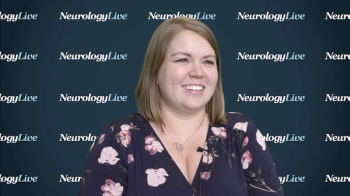
The assistant professor of psychology at East Carolina discussed how to improve adherence in young adults and children with epilepsy, and how physicians can go about checking quality of life in patients.

A new trial will aim to confirm the findings of a previous study that showed novel combinations of peripherally circulating proteins coupled with risk factors can provide a diagnostic tool with significant clinical unity.

Intra-arterial urokinase improved Thrombolysis in Cerebral Infarction (TICI) scale scores and independence at 90 days, without increasing the risk of symptomatic intracranial hemorrhage.
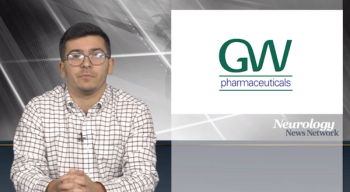
Neurology News Network for the week ending December 14, 2019.

A survey by the ALS Association found that 26% of patients reported having a PEG tube, which are typically inserted to allow for continued administration of nutrition, fluids, and medications as the disease progresses.

Although the study did not meet primary and secondary endpoints in patients with PSP, Biogen still plans to continue to study the drug for mild cognitive impairment in Alzheimer disease.
